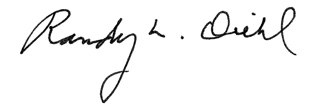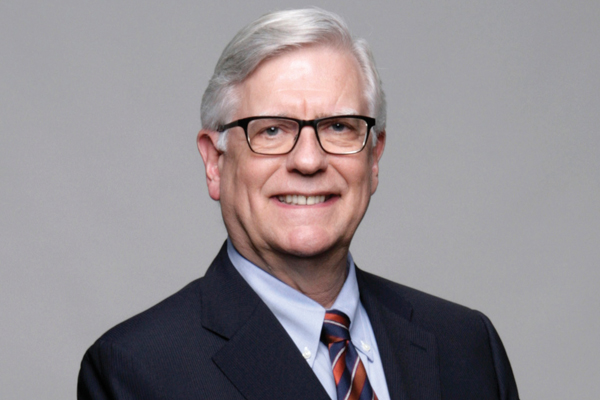Five years ago we opened the doors to a new College of Liberal Arts Building in the heart of campus. It was a milestone event, marking the first time students in our college had a place to call home. Departments and other units once scattered across campus were brought together in new collaborative spaces, as were the branches of our top-ranked ROTC program. In addition, the building increased the university’s stock of much-needed classroom space.
We marked another milestone in September 2016, when Bobby and Sherri Patton donated $20 million to our college and created the Bobby and Sherri Patton Challenge Fund, inspiring many alumni and friends to match that gift with an additional $19 million. It resulted in the creation of more than 50 endowments that will bolster our ability to hire and retain top faculty members and graduate students, provide experiential learning opportunities to undergraduates — including research, travel abroad, internships and community service — and excellence funds that allow the college to support and reward exceptional ambitions and achievements by its students and faculty members.
In recognition of the Pattons’ generosity, the College of Liberal Arts Building will be called Patton Hall, with a formal unveiling in September. This new naming not only recognizes a major gift, but also a transformational moment in our college as we continue to build on some of the nation’s best programs in the humanities and social sciences, including No. 1 programs in Latin American History and Sociology of Population.
We are also investing in areas of research that bring together some of UT Austin’s best minds to address some of the biggest challenges facing our communities. A good example is our Institute for Mental Health Research, where psychology professor Chris Beevers leads a campus-wide team poised to make major breakthroughs in treating a variety of mental health disorders.
Engaging in the highest levels of scholarship and research not only elevates the reputation of our college and the university, but also provides our undergraduates with countless opportunities for learning and discovery that are unique to a major research university. Students in the College of Liberal Arts work hard in the classroom, but they also apply what they learn by doing research in labs and in the field; by working for various companies, nonprofits or government agencies; and by helping others in communities around the world. These experiences prepare our undergraduates for careers beyond graduation while instilling in them the lifelong values and the limitless rewards that come from serving others.

Randy L. Diehl, Dean
David Bruton, Jr. Regents Chair in Liberal Arts
